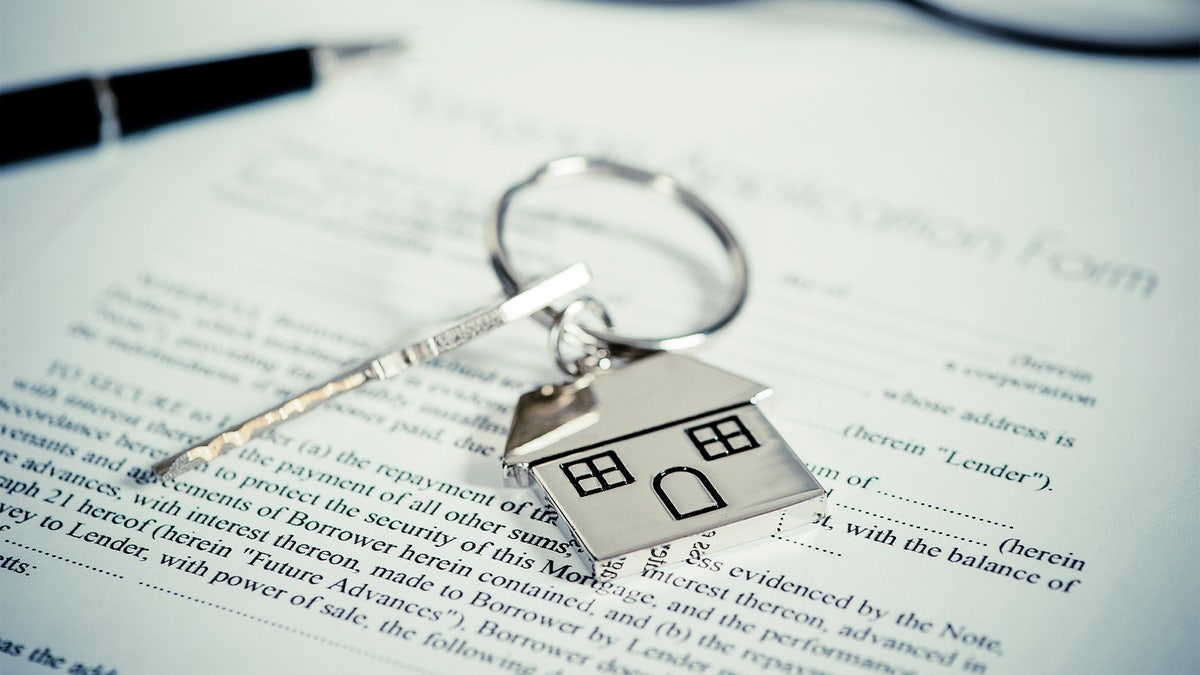
rent-control
Anyone who's ever searched for an apartment knows that rent-regulated digs are the unicorns of the housing market. These abodes, usually found in major cities, have monthly rents far below market value that can increase only incrementally each year for a particular tenant. Yes, the rent gets hiked higher if the occupant moves out and a new one moves in -- way higher, usually -- but as long as you stay put, it can budge by only small, city-mandated amounts. And that's why many believe that snagging a rent-regulated pad (which can often be handed down within families) is an urban coup that falls somewhere on the awesome scale between free parking and winning Powerball. Closer to Powerball.
And yet as sweet as a rent-regulated pad may seem in many ways, there are some hidden drawbacks. Check out a few of these surprising reasons so you know the good and bad of what you're getting into.
Unexpected fees
Don't be shocked if you're asked to pay an additional, undocumented fee at the landlord's discretion. It's called "key money," and some owners ask for it before your move-in date.
"This is often paid in cash in exchange for securing the lease," says Realtor Deborah Steiner. "I've heard of asking fees of up to $15,000." Call it an off-the-books bonus, premium, or -- let's be honest -- a totally illegal bribe to secure the unit. If a potential landlord requires one before leasing to you, it's smart to back away. After all, who knows what other "hidden fees" might appear down the line?
A lazy landlord
If you're a rent-regulated tenant with a leaky faucet or broken door handle, it might not be fixed right away or anytime remotely soon. That's because while all tenants, regulated or not, have a right to a safe and habitable home, some landlords may neglect basic repairs if they know their occupants won't readily leave their sweet rent-regulated digs. Or, at worst, your landlord might be trying to drive you out so he can hike the rent with a new tenant (more on that next).
You may become a target
Regulated tenants are legally protected from landlords forcing them out due to building sales or solely to raise the rent for new occupants. Still, some owners try with "illegal, uncomfortable, aggressive, and sometimes downright dangerous practices," says Janine Acquafredda, associate broker at House N Key Realty in Brooklyn, NY.
Examples include refusing to cash rent checks, then claiming nonpayment, and imposing ridiculously rigid building rules. Landlords can wage an all-out war. War -- what is it good for? Nothing.
Your career could suffer
If you live in a rent-controlled apartment, you're more likely to stay put. One study published in the Journal of Urban Economics found that these tenants live in their rental homes for triple the amount of time they expected. While that may sound like a good thing, according to the National Multifamily Housing Council, the long-term effects aren't so great. Fear of losing fixed rent binds people to their homes regardless of how far they have to travel for work or what job opportunities they pass up.
Your neighbors might resent you
In theory, rent control laws were designed to allow lower-wage earners to live affordably. However, studies show that most people who live in rent-controlled units are usually white, affluent families -- possibly because with these apartments in such demand, landlords can selective. Plus, they may start out poor and able to qualify for low-income housing, but their circumstances can quickly improve … and no one asks them to move out.
Whatever the reason, if you're fortunate enough to snag a rent-regulated pad, don't assume you're conning your evil landlord out of a few extra bucks. The reality is, your neighbors may be the ones shouldering the burden with their high rents. After all, your landlord has to recoup those lost costs somewhere, right?
So, don't go comparing rents with your neighbor, unless you're up for a very awkward evening. You could also get publicly shamed like these wealthy millionaires occupying rent-stabilized apartments in New York City. Or, if you have a conscience, you could feel plain guilty.
You may never become a home buyer
Being bound to your rent-regulated place can also tempt you to avoid making financial moves that are ultimately good for you: like buying a home. Being a homeowner can be smarter than renting if you plan to live in one place for at least five years and have a stable income and solid savings. Buying also allows you to acquire equity, and with a recent dip in mortgage rates and home prices, buying is cheaper than renting in many markets. (To determine which is a better deal for you, use this customized Rent or Buy? calculator.)
-- -- -- -- --
More from realtor.com: Is Renting or Buying the Smarter Choice?